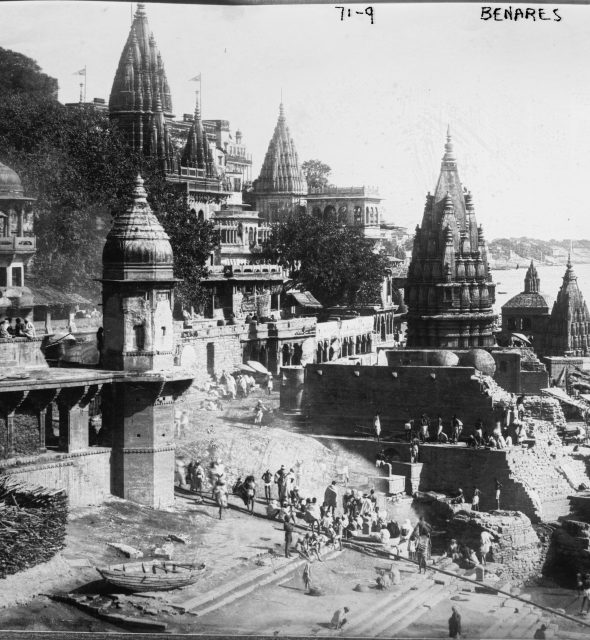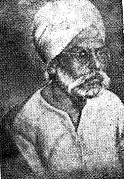
ANDREWS, CHARLES FREER (1871-1940). Anglican missionary, scholar and educationist, was born to John Edwin Andrews on 12 February 1871 in NewcastleonTyne in Great Britain. His father was a minister of the Evangelical Anglican Church. Andrews grew up in an intense and emotional religious environment. A nearly fatal attack of rheumatic fever in childhood drew him to his mother with an intense affection and her love created in his mind the first conscious thoughts of God and Christ, and by the time he entered Cambridge, at the age of 19, he had already had "a wonderful conversion of my heart to God." In 1893, Andrews graduated first class in Classics and Theology from Pembroke College, Cambridge.

BENARES (BANARASA, VARANASI) .....They have rosaries around their necks and glittering jugs in their hands—they cannot be called the saints of Hari, they are the Thugs of Benares (Varanasi).(Asa Kabir, pp. 476) He lives on the bank of Asi rivulet in Benares (Varanasi). (Gond Namdev, p. 873) It is the sacred city of the Hindus, being a great religious centre. It is also called Kashi. After killing Kansa and restoring the throne of Mathura to Ugarsen, Krishna came to Kashi for higher education, because this city had been famous for higher religious education.










